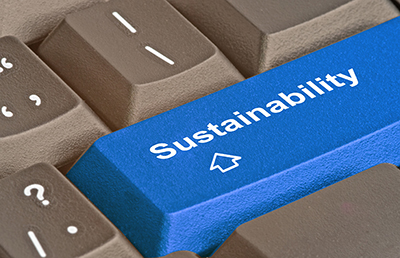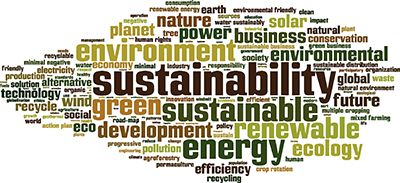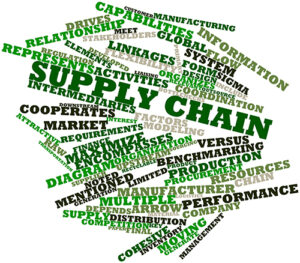

Sustainability is now an organizational requirement. Sustainability focuses on meeting the needs of the present without compromising the ability of future generations to meet their needs. The concept of sustainability is composed of three pillars: economic, environmental, and social—also known informally as profits, planet, and people. Increasingly, companies are making public commitments to sustainability through actions such as reducing waste, investing in renewable energy, and supporting organizations that work toward a more sustainable future.
Sustainability encourages organizations to frame decisions in terms of environmental, social, and human impact for the long-term. Sustainable policies influence organizations to consider more factors than simply the immediate profit or loss involved. Increasingly, companies have created sustainability goals such as commitment to carbon and emissions reduction over a set period of time.
Organizations can achieve their sustainability needs by cutting emissions, lowering their energy usage, sourcing products from fair-trade organizations, and ensuring their physical waste is disposed of properly and with as small a carbon footprint as possible. Reducing the carbon footprint of an organization, commonly referred to as decarbonization, is now a priority and will be an integral component of an organization’s business strategy going forward.



With political and social pressure for companies to adopt sustainable business practices looming in the near future, now is the time for organizations to take action. In today’s day and age, companies are not only responsible for their own actions, but the actions of their suppliers as well. All businesses, large and small, will be required to report the environmental footprint of their enterprise. It’s no surprise that the best decarbonization strategy is one that engages suppliers, partners, and customers in a robust Sustainable Supply Chain Program. Having an all-encompassing program now provides a long-term competitive advantage in regards to compliance, marketability, and profitability.
We help organizations achieve their sustainability goals and report results by delivering solutions through our Alliance of Providers. With our state-of-the-art reporting technology and years of industry knowledge in sustainability and supply chain, we offer solutions that are effective, implementable, visible, and cost effective. Sustainability programs within an organization’s supply chain isn’t a new concept. Industry leaders such as McDonalds and Walmart have already begun implementing these practices, benefiting greatly and setting the standard. With the right team behind your organization, these same practices can be realized.
Decarbonizing a supply chain will have the greatest financial and environmental impact for an organization. Sustainability Reporting is now or will be required by governing bodies (State of California, City of Denver, CO), customers, employees, and students.
The current (2022) administration has begun encouraging and even mandating supply chain sustainability. The federal government will support small businesses, promote prosperity, fight climate change, and encourage economic growth through government subsidies and grants your business can take advantage of. Annual decarbonization reporting will be mandated at some point and these initiatives will likely expand to the state and local government levels.
Productive Environments provides your organization and suppliers with the resources and tools necessary to mutually benefit from decarbonization investments. Through leveraging current and future suppliers, your supply chains can be more sustainable, reliable, marketable, and compliant.
